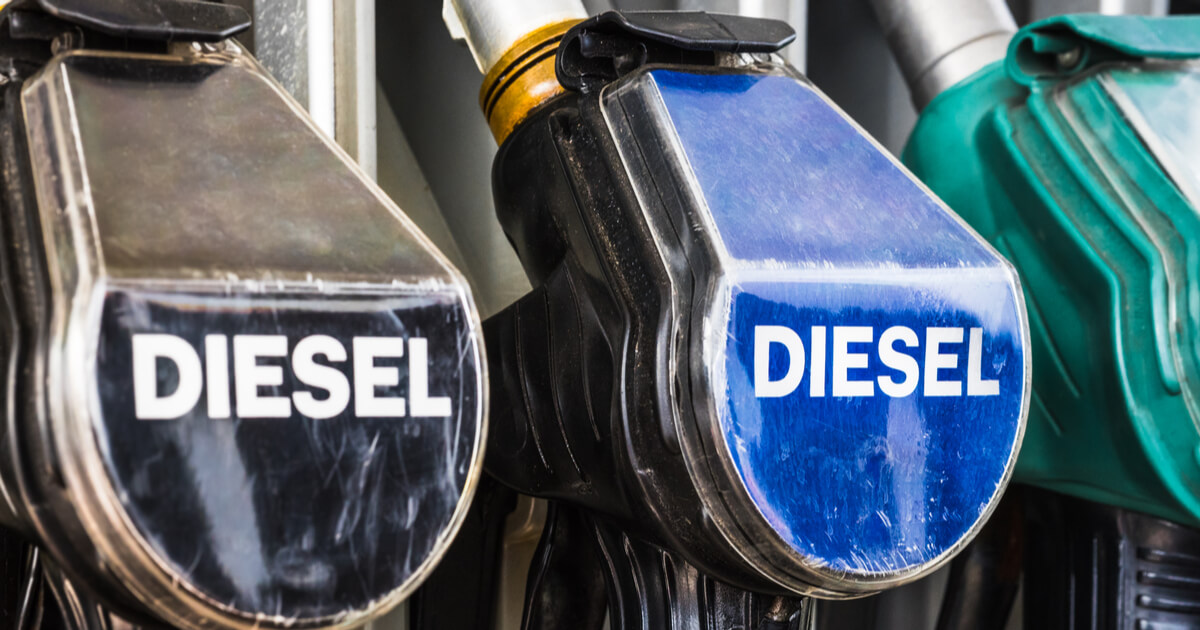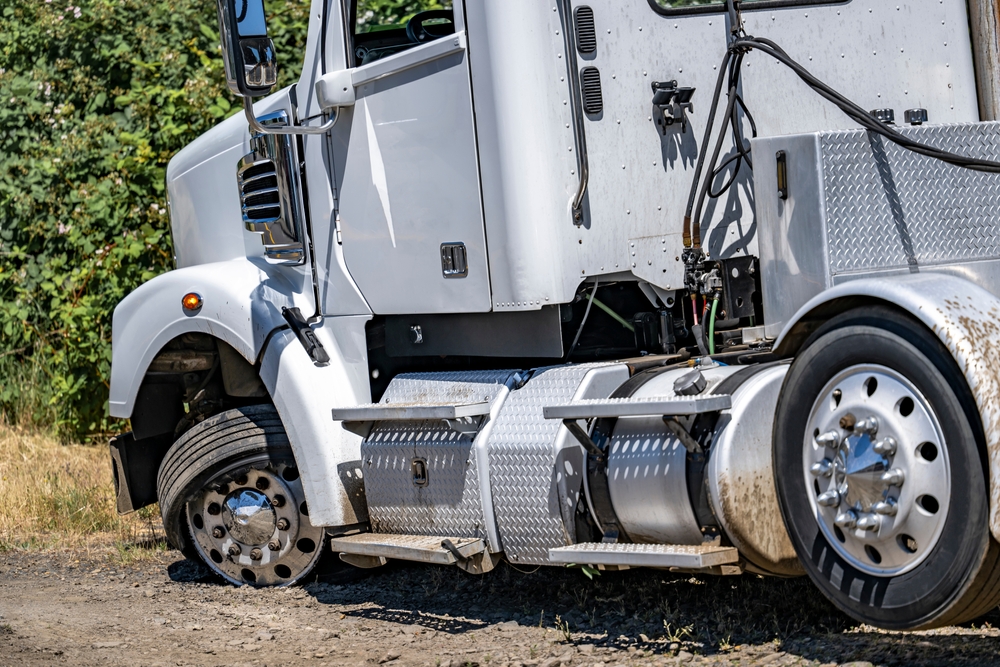
Inflation recently soared to a 41-year high, and diesel prices have increased every month during 2022, setting new records. There are few positive signs indicating inflation will retreat anytime soon. Truck drivers are uniquely impacted by the rising costs of fuel, as well as roadside goods. Although prices are largely beyond the control of working Americans, there are ways to minimize the impact on wallets. These are ways truckers can take the edge off the pain of overpaying.
1: Be Aware of “Shrinkflation”
During the 1970s, companies strategically reduced the volume of packaged goods while maintaining the same price. Many consumers did not notice a bag of chips had less food and more air or that a roll of toilet paper included 244 sheets rather than 264. It appears so-called shrinkflation is making a comeback, and truckers may discover bottled and canned beverages are a few ounces shy.
One of the ways to get your money’s worth is to pivot away from popular brands. Knock-offs and generic brands are typically among the last to play the shrinkflation card. Fighting inflation sometimes means getting full value.
2: Eliminate Impulse Spending
Americans generally feel an urge to spend money on things they do not necessarily need. Consistently targeted by advertising schemes, drivers may walk into a truck stop and feel the buying impulse. By taking a moment to reflect on why you are purchasing an item, wasteful spending can be minimized. If that doesn’t work, leave your money and credit cards in the rig when you take hours of service breaks.
3: Consider Taking A Stock Market Hiatus
In late May, the Dow Jones Industrial Average losses hovered below its threshold in 2021. That means many of the gains stocks enjoyed have been erased. If you are a trucker with 3- to 5-year financial goals such as buying a home, the stock market’s volatility is a reason for concern. Financial investors are signaling savings bonds as a viable alternative. Although the interest you gain is not significantly high, the return on investment is considered more stable.
4: Rethink Monthly Budgets
Truck drivers generally live two separate lives, and both come with expenses. Life on the road sometimes invites unnecessary spending on restaurant food, motel rooms, and others. Home base involves a mortgage, utility bills, and general maintenance costs. Crafting monthly budgets for households and OTR life often proves insightful. Once you type it all out, the discretionary spending looks less appetizing. By trimming a little fat while transporting goods and materials and relaxing at home, truckers have an opportunity to minimize inflation aches.
5: Negotiate a Raise
The 80,000-plus truck driver shortage is common knowledge, and your employer likely needs as many CDL professionals as possible. The law of supply and demand indicates truckers are well-positioned for higher wages. Don’t hesitate to inquire about a cost of living raise. If the outfit is not open to discussing higher wages, plenty of good-paying organizations are hiring.











Great advice, buy only necessary items to survive, as an owner/operator we have been living in a depressed state for some time, the first and second term of Obama/Biden wasn’t much better and now this admin is a continuation, hold on to what you have and ride out, no room for extra spending, just necessities, hopefully will get better soon.
And your stuck on blaming Obama. Your POS Trump was much worse. Made hell of a lot more when Obama was in Office and that is no BS.
Rick Bernal that’s freakin hillarious!🤣 But you might want pass that load of 💩 off to a group of your leftist freaky friends cause that 💩 not gonna fly here in the real world bozo the 🤡!!
I say we finally stop talking BS and show them by shutting the whole country down for a few days why should we have to budget or anything else. We haven’t seen an increase in rates in a while and last I check when the cost of operation goes up it passes down to the people that utilizes your services. The repair shops seem to increase every year, gas increase, food increase, supplies increase we the only fools out here working backwards.
The Federal Reserve can issue I-Bonds at a discounted coupon rate that is inversely proportional to the Consumer Price Index divided by the price/earnings ratio of the S&P 500. With each raising of the Prime Intersest Rate, the Secretary of The Treasury would then be forced to decrease the monetary supply based on increased demand of the I-Bonds. As inflationary pressures push up real wages, consumers will hold the I-Bonds until maturity. This will result in more investment in the stock market, both foreign and domestic. Capital gains tax increases will then cancel out and offset any decreases in tax revenue due to any recession that may occur.